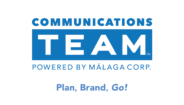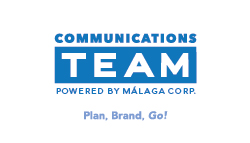Similar to Joe DiMaggio’s, the former NFL quarterback Colin Kaepernick is tall and lean, with the effortless gait– and velocity– of a gazelle.
But Kaepernick’s Nike ad campaign, introduced on the opening weekend of the NFL’s 2018 season, is as jarring as DiMaggio’s Mr.Coffee commercials were reassuring. With his billowing Afro and a black turtleneck sweater, Kaepernick appears on screen, resembling your uncle only if your uncle was Huey Newton, his voice narrating a script that urges the audience to build a world that is the equal of their dreams.
The tagline is a reference to Kaepernick’s NFL career, aborted by his peaceful protests against police violence “Believe in something. Even if it means sacrificing everything.”
The controversial ad campaign deepened the already yawning fissures in America, alienating millions of consumers who think Kaepernick is unpatriotic and polarizing, while enthralling millions more who are inspired by Kaepernick’s sacrifice and message of solidarity.
The marketing campaign did something else: it worked. Nike stock jumped to an all-time high following the broadcast of the ads, and online sales spiked by 31 percent.
Nike’s stunning success with Kaepernick’s atypical brand illustrates that you needn’t always play it safe in marketing. DiMaggio’s brand promoted tradition for consumers anxious about change; Kaepernick’s brand promotes rebellion for consumers who are eager for change. Both brands reflected the zeitgeist of their times.









Leave A Comment